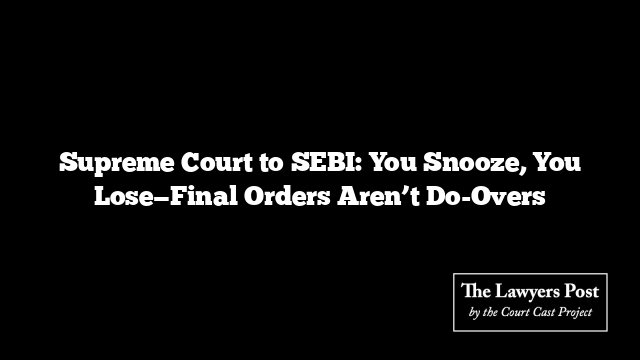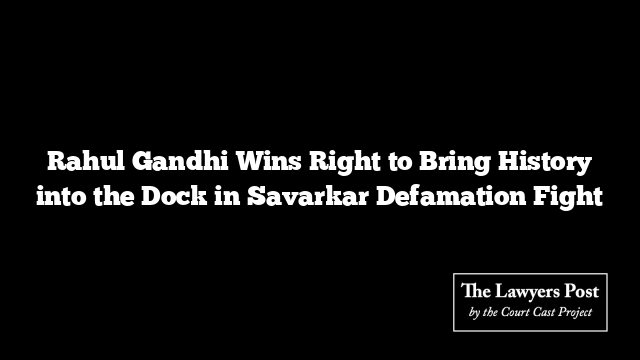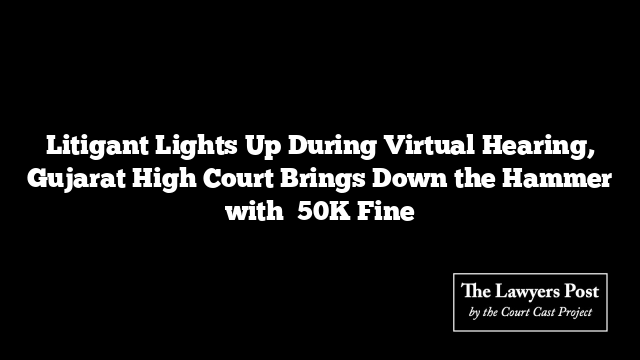In a firm rebuke, the Supreme Court has shut the door on SEBI’s attempt to reopen a settled case without fresh grounds, invoking the principle of res judicata—a legal doctrine that forbids re-litigation of matters that have already been decided. The Court minced no words, calling SEBI’s attitude “laidback” and “indolent,” and warned that such inertia is unbecoming of a market regulator.
At the heart of the case was a long-running dispute involving VCL, a publicly listed company accused of duping investors through misleading ads and shady stock maneuvers going all the way back to 2002. SEBI first acted in 2005, banned the company in 2008, got that order overturned by SAT, and finally issued a fresh penalty in 2014. But four years later, it tried to resurrect the case—this time demanding ₹4.55 crore in disgorgement with interest.
The Supreme Court wasn’t having it.
“It is not open to SEBI to pass multiple final orders on the same cause of action,” said the bench of Justices Sanjay Kumar and K.V. Viswanathan. “Once SEBI passed its order on July 31, 2014, and chose not to impose disgorgement, that was the end of the matter.”
The Court underlined that res judicata isn’t just a rule for private litigants—it binds quasi-judicial authorities too. Allowing a regulator to reopen finalized matters on a whim would violate public policy and erode the sanctity of judicial outcomes, the bench said.
Backstory: A Web of Fraud and Delay
VCL’s alleged tricks were textbook manipulation: funneling money through shell companies, inflating demand, and offloading shares at artificial highs. Among those burned were small investors like Ram Kishori Gupta and her husband, who sank ₹18.25 lakh into VCL based on those deceptive signals.
SEBI, after multiple rounds of notices and investigations, imposed a three-year market ban in 2014. But it didn’t demand disgorgement of ill-gotten gains. That changed in 2018, when the regulator, seemingly waking up years later, ordered VCL and its affiliates to cough up crores.
SAT quashed that 2018 order, calling it legally dead on arrival. SEBI appealed. The Supreme Court agreed with SAT and made it crystal clear: there’s no “re-litigation deluxe” for regulators.
Finality Means Finality
The Court noted that SEBI had every opportunity back in 2014 to impose tougher penalties, including disgorgement. It didn’t. Rewriting the rulebook years later wasn’t just wrong—it was unjust.
“Even if the fraudulent acts had financial consequences, SEBI chose its path in 2014. Revisiting that choice without new cause goes against the grain of justice,” the Court said.
It also set aside the idea that SEBI could compensate the Guptas directly, saying that issue had already been closed by SAT in 2013. No legal do-overs there either.
SEBI’s Clock Ran Out
In perhaps the harshest critique, the Court ripped into SEBI’s delay tactics: it took two years to issue notices after deciding in 2016 to reopen the case, and another two to pass a final order. That kind of lethargy, the Court warned, undermines confidence in regulatory oversight.
“A regulator meant to protect investors in a volatile market can’t afford to nap at the wheel,” the judgment stated.
No Costs for the Wrong Crowd
While affirming SAT’s quashing of the disgorgement order, the Court reversed the ₹2 lakh cost award that had been granted to VCL and its team. “These were not innocent actors,” the Court said bluntly, refusing to “reward” them with costs despite SEBI’s missteps.
The appeal was dismissed in full. The message was unmistakable: regulatory inertia has consequences—and so does ignoring the finality of your own decisions.





